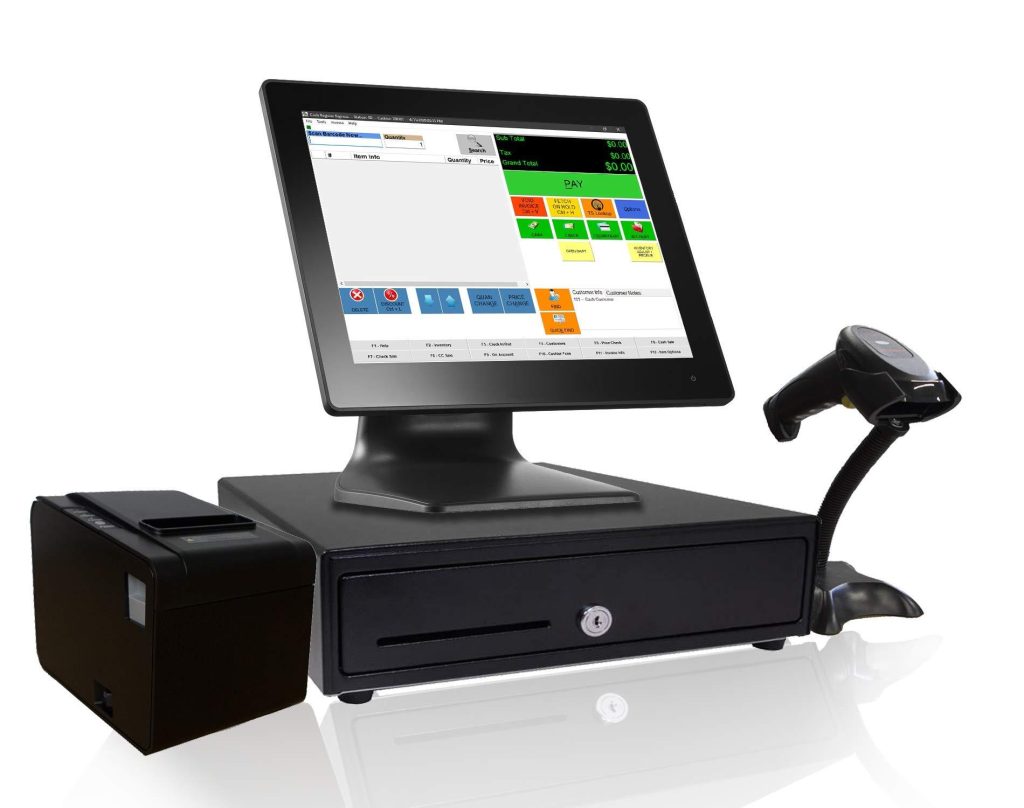Satellite internet service provider SpaceX filed papers earlier this month
with the Federal Communications Commission (FCC) for approval of changes that would enable its second-generation satellites to provide promised Gigabit services to all interested parties.
If approved, the orbit of the satellites would be changed, and service delivery could begin. The company’s Starlink Internet service, which is used worldwide to connect hard-to-reach and unserved areas, as well as in the wake of devastating natural disasters and in war zones, provides users with increased network resiliency and a backup option to terrestrial networks.
The two filings with the FCC include an application and an amendment that would enable SpaceX’s second generation (Gen2) Starlink non-geostationary satellite orbit (NGS) satellites to provide gigabit services.
What SpaceX is Proposing
The first application seeks “several small-but-meaningful updates to its orbital configuration and operational parameters” that will increase sustainability in space and improve response to demand and spectrum-sharing capabilities.
Starlink will offer an array of Gigabit services, with the company’s CEO Elon Musk claiming his firm will eventually offer symmetrical gigabit options. Musk claims the Starlink Gateway terminal provides more than 8 Gbps downlink. SpaceX began discussion plans for gigabit services this past summer.
The paperwork was submitted by Jameson Dempsey, the Director of Satellite Policy. “Together, this modification and its companion amendment will enable the Gen2 system to deliver gigabit-speed, truly low-latency broadband and ubiquitous mobile connectivity to all Americans and the billions of people globally who still lack access to adequate broadband,” he wrote in the filing.
FCC and SpaceX
As the FCC has called for faster processing and approvals, the reason for creating the Space Bureau in April, many are watching to see how things transpire with requests. Add in friction between the agency after it denied Starlink $850, claiming it did not meet the speed and technical requirements for inclusion in the Rural Digital Opportunity Fund (RDOF) – $20.4 billion over ten years- for which it has been awarded nearly $900 million.
The FCC recently allowed LEO satellite providers that meet specific requirements to land Broadband Equity, Access, and Deployment (BEAD) program funding, which provided $42.5 billion for broadband rollout across the U.S. under an alternative access option heading.
If the application and its amendment are approved and the services become available, they will be yet another non-terrestrial connectivity option for enterprises to leverage for network resiliency and global broadband support.
[ad_2]
Source link



